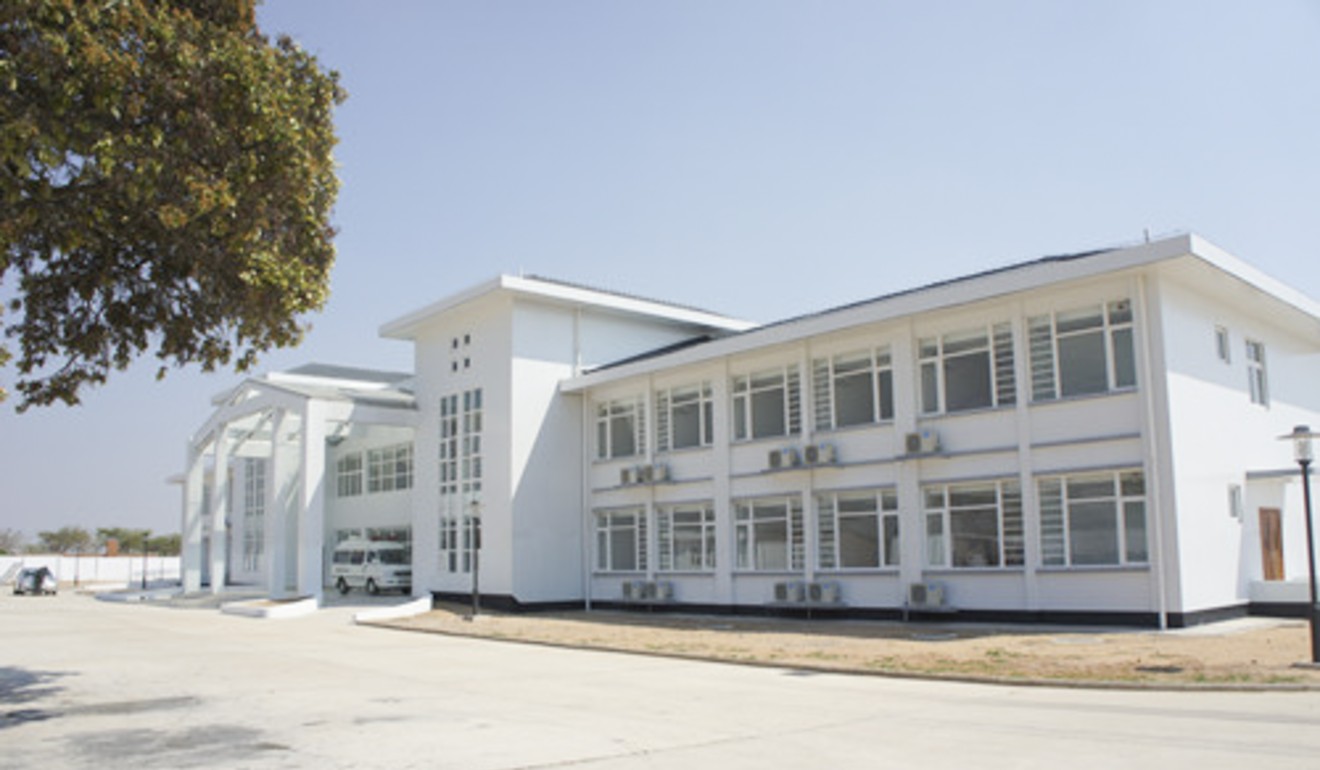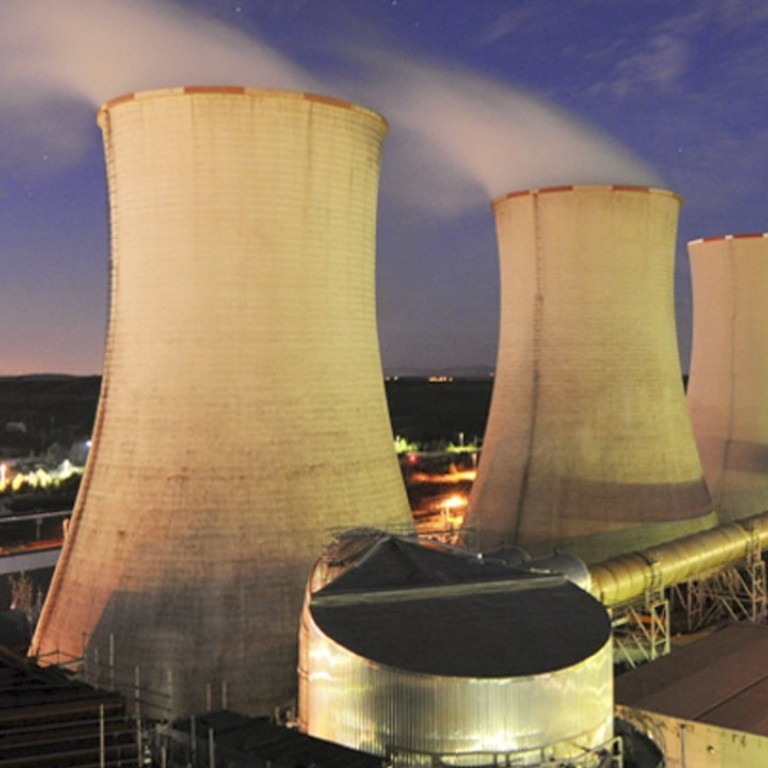
Five ways China is building influence in Zimbabwe
In addition to providing military training and hardware, China – Zimbabwe’s biggest foreign investor – has sponsored the construction of hospitals, schools and even a government building.
Here are the main areas of Chinese investment and help:
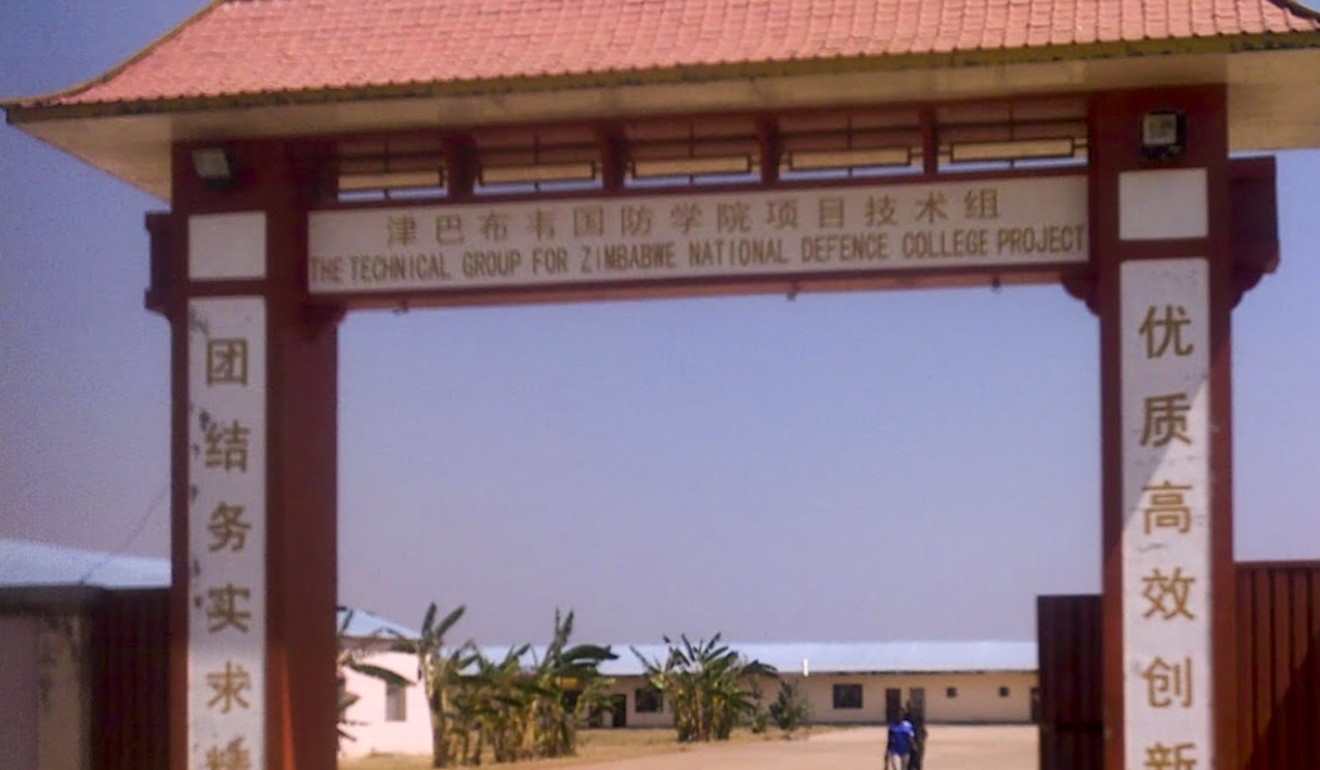
Military facilities
China financed and built the Zimbabwe National Defence College, the country’s first military higher education academy, according to state-run news agency Xinhua.
Besides visiting Beijing last week, Zimbabwean military chief General Constantino Chiwenga has been in regular contact with top officials from the People’s Liberation Army. After meeting a visiting Chinese military delegation in December, Chiwenga said Zimbabwe’s armed forces had benefited from military training programmes in cooperation with the PLA, according to The Herald, a state-owned newspaper in Zimbabwe.
And during a visit to the country in 2015, Chinese Defence Minister Chang Wanquan called for stronger cooperation between the two nations’ militaries, Xinhua reported.
Power plants
Chinese companies have been big players in Zimbabwe’s moves to overcome its biting electricity shortage.
In 2015, state-owned Power Construction Corporation of China signed a US$1.2 billion deal to expand the Hwange Thermal Power Station, Zimbabwe’s largest thermal power plant. The upgrade, described as the nation’s biggest infrastructure project in three decades, was sealed during Chinese President Xi Jinping’s visit to Harare two years ago, according to China News Service. The project would add an extra 600 megawatts to the plant’s total capacity, the report said.
Meanwhile, China’s Sinohydro Group is expanding the Kariba South Power Station in a US$355 million project, according to the report.
In 2015, Zimbabwe also awarded three solar power projects to Chinese companies or local firms with Chinese partners.
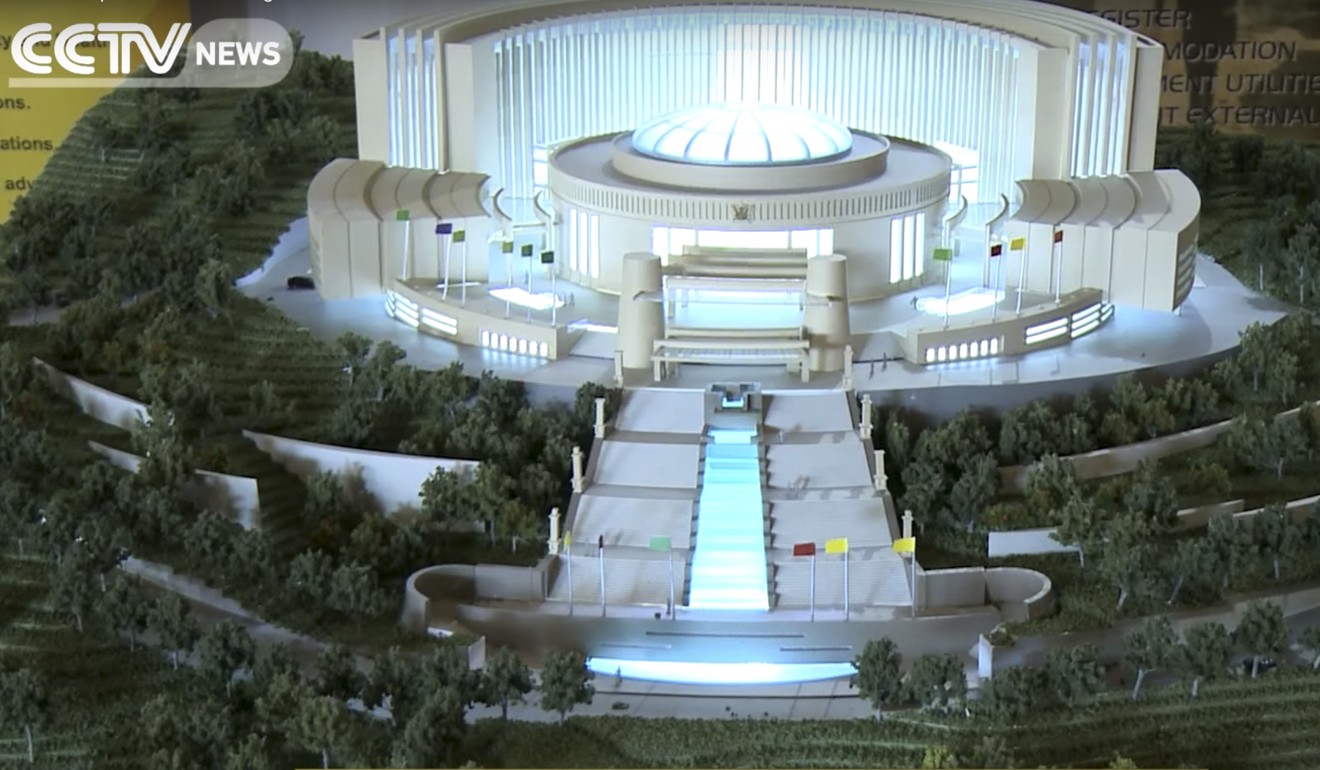
New parliament building
The Chinese government pledged US$46 million to Zimbabwe for the construction of a new parliament building, The Herald reported in September last year.
The 650-seat replacement for the present colonial-era parliament was expected to take 2½ years to build and cost about US$140 million, the report said.
“The current parliament that we are using can only cater for 120 people but now we have more than 270 legislators so there is a serious shortage of space in the house,” Parliamentary Speaker Jacob Mudenda was quoted as saying.
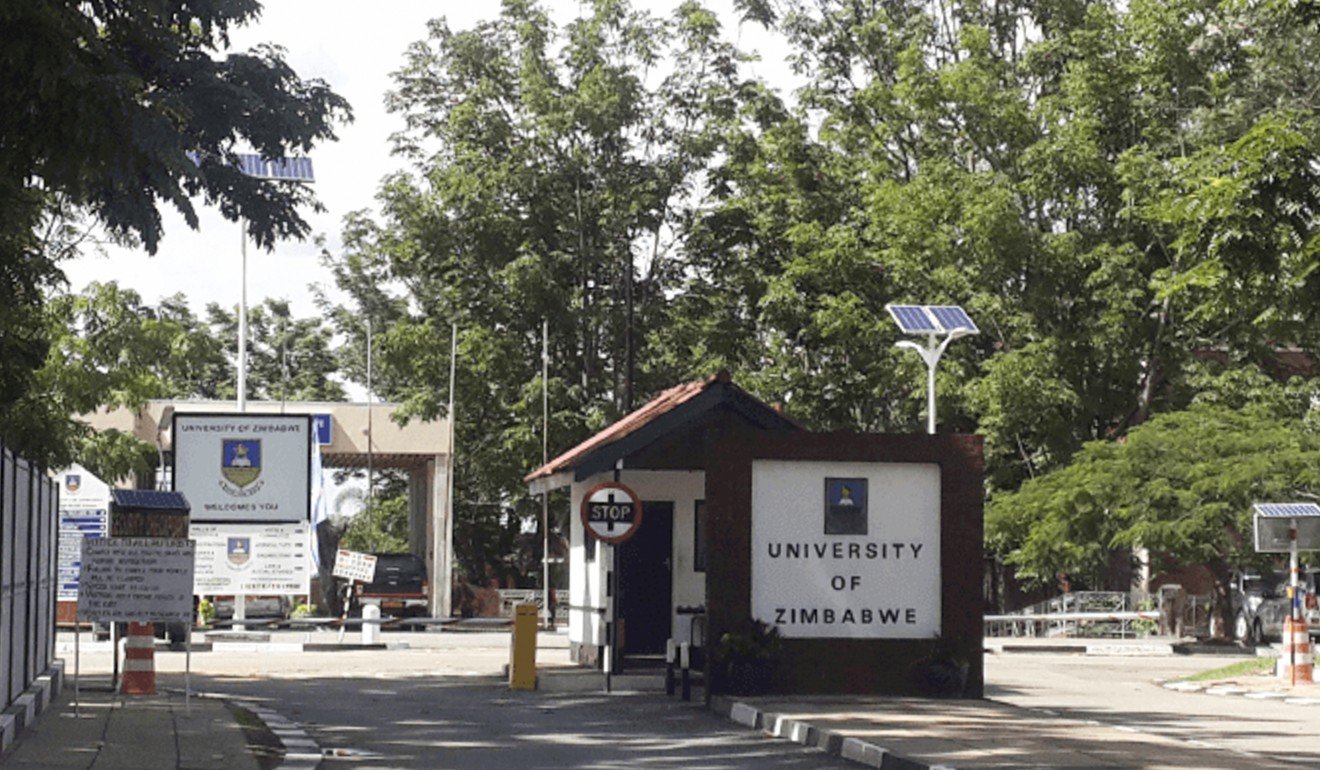
Supercomputer centre
China built a supercomputer centre at the University of Zimbabwe with a zero-interest loan of about 33 million yuan (US$5 million), according to Xinhua.
The facility made Zimbabwe the fifth African country to host a supercomputer, which would be used in life science, agricultural and climate research, the report said.
Medical help
China has also pledged to set up a “cutting-edge” urological surgical centre in Zimbabwe over three years, Xinhua reported last year.
And in an agreement signed in July last year, Beijing promised to send medical experts to the African country every year, supply medical equipment and train Zimbabwean doctors in China.
China also granted Zimbabwe a US$100 million medical loan facility in 2011 and the Chinese government has also built a 130-bed hospital in rural Zimbabwe.
